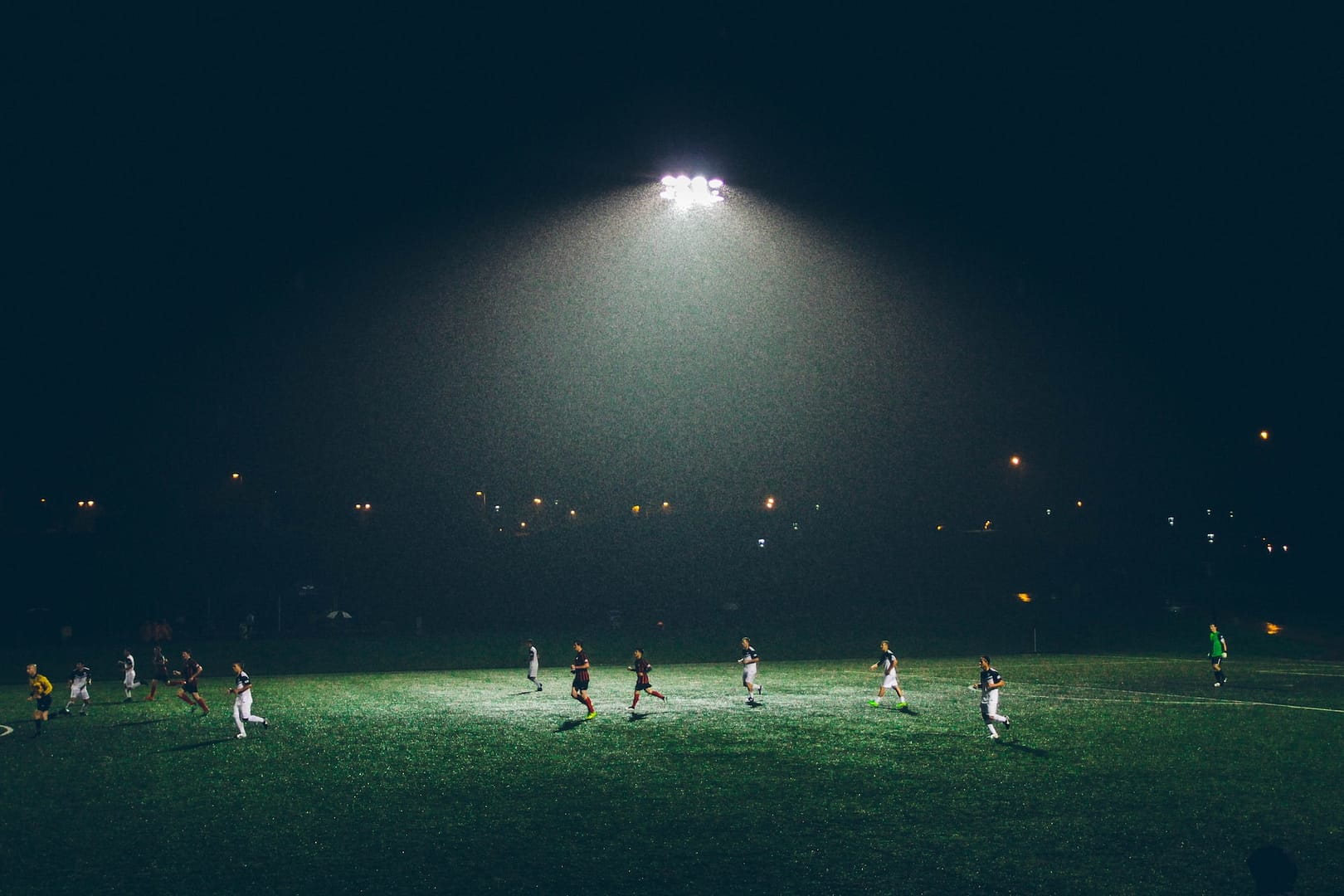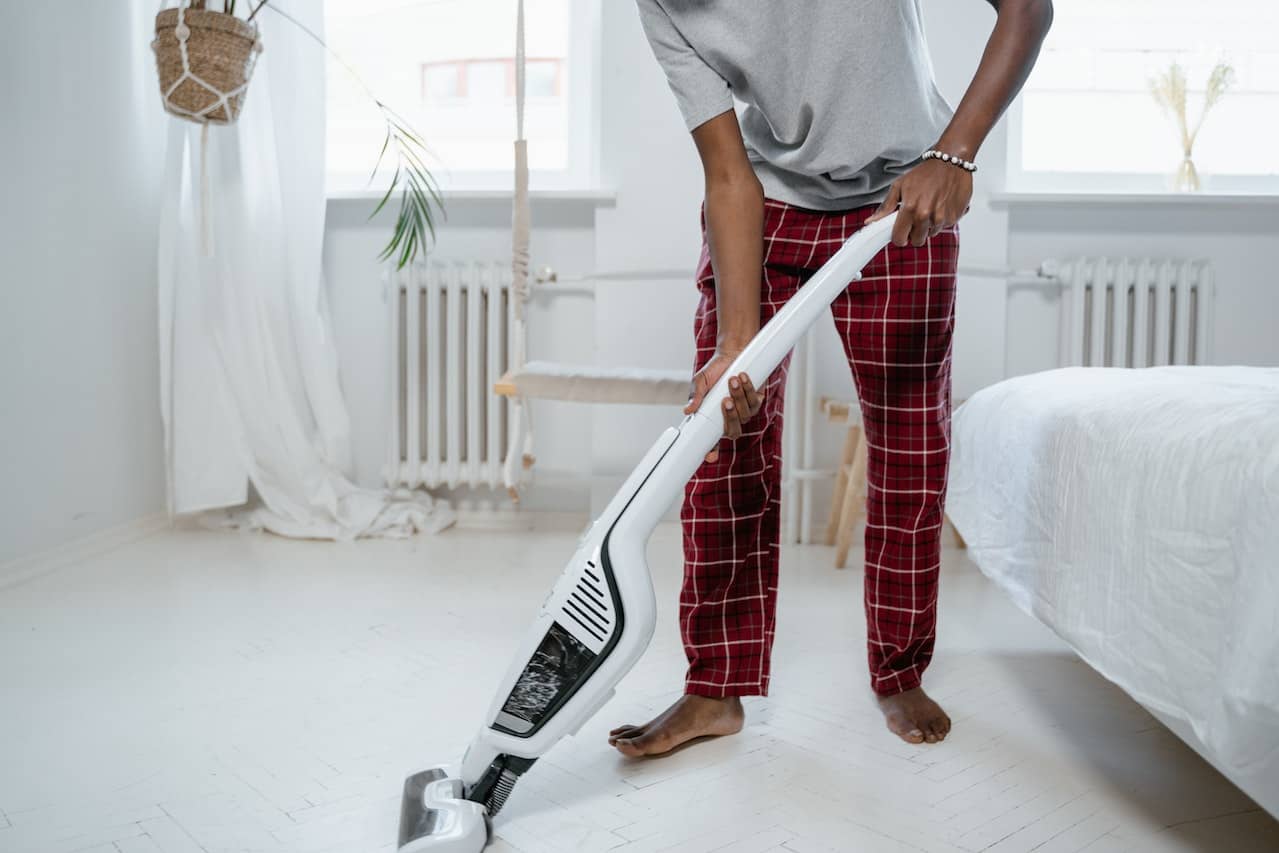In the United Kingdom, as in many parts of the world, spinal cord injuries are life-altering events that can occur as a result of various day-to-day activities. From the mundane to the seemingly harmless, there are countless scenarios where one might unknowingly put themselves at risk of a spinal cord injury. In this article, we will explore the activities of daily living for individuals with spinal cord injuries and delve into the leading causes of such injuries in the UK. We also highlight how you should start your serious injury claim.
The Activities of Daily Living for Spinal Cord Injury
Living with a spinal cord injury can drastically alter one’s day-to-day life. Many individuals who have experienced such injuries find themselves facing a range of challenges when it comes to performing even the simplest tasks. These activities, known as the Activities of Daily Living (ADLs), are fundamental actions that we often take for granted until they become a daily struggle for someone with a spinal cord injury.
Mobility
One of the most significant challenges for individuals with spinal cord injuries is mobility. Simple tasks like getting out of bed, moving from one room to another, or navigating stairs can become major hurdles. Wheelchairs, mobility aids, and assistive technology play a crucial role in helping individuals regain some level of independence.
Bathing and Personal Hygiene
Maintaining personal hygiene can be an arduous task for those with spinal cord injuries. Something as routine as taking a shower or using the restroom may require assistance. Accessible bathrooms and adaptive equipment can greatly improve the quality of life for individuals in such situations.
Dressing
Dressing oneself is another ADL that can be affected by a spinal cord injury. Individuals may require specialised clothing or adaptive devices to aid in this task. Buttons, zippers, and other fasteners may pose significant challenges.
Eating and Meal Preparation
The simple act of eating can be complicated for individuals with spinal cord injuries, depending on the level of their injury. Cutting food, using utensils, and bringing food to the mouth may require assistive devices or adaptations to make it possible.
Household Chores
Maintaining a clean and organised living space can be a struggle for those with spinal cord injuries. Hoovering, sweeping, and doing laundry can be difficult or even impossible without modifications to the home environment or assistance from others.
Communication
Effective communication can also be a challenge. For individuals with higher-level spinal cord injuries, speaking and writing may be affected. Assistive technology, such as communication devices, can be invaluable in enabling individuals to express themselves.
Social and Leisure Activities
Participating in social and leisure activities is a crucial aspect of maintaining a fulfilling life. However, spinal cord injuries can limit one’s ability to engage in these activities. Accessible venues and adaptive equipment can open doors to a wider range of social and recreational opportunities.
The Leading Cause of Spinal Cord Injury in the UK
Understanding the leading causes of spinal cord injuries is essential in preventing them. While accidents can happen anywhere, anytime, some specific causes are more prevalent in the UK.
Road Traffic Accidents
In the UK, road traffic accidents are a leading cause of spinal cord injuries. Whether it’s a car collision, motorcycle crash, or pedestrian accident, the impact on the spinal cord can be devastating. Seatbelts, helmets, and adherence to road safety rules are critical in reducing the risk.
Falls
Falls are another significant cause of spinal cord injuries in the UK, especially among older adults. Slipping on icy pavements, tripping on uneven surfaces, or falling from heights can result in spinal cord damage. Maintaining a safe environment and using mobility aids can help prevent falls.
Sports and Recreational Activities
Participation in sports and recreational activities is a common part of life for many in the UK. However, these activities can sometimes lead to spinal cord injuries. Sports like rugby, horse riding, and even swimming can pose risks. Wearing appropriate protective gear and following safety guidelines are crucial.
Violence
Unfortunately, acts of violence, including assaults and stabbings, are also responsible for a significant number of spinal cord injuries in the UK. Avoiding dangerous situations and seeking help when needed can reduce the risk associated with violence-related injuries.
Medical Conditions
Certain medical conditions, such as tumours, infections, and degenerative diseases, can also lead to spinal cord injuries. Early diagnosis and treatment of these conditions are essential in preventing further damage to the spinal cord.
Workplace Accidents
Workplace accidents can result in spinal cord injuries, particularly in industries with high-risk factors, such as construction and manufacturing. Employers should prioritise safety measures and provide appropriate training to reduce the likelihood of accidents.
Preventing Spinal Cord Injuries in the UK
Preventing spinal cord injuries should be a collective effort involving individuals, communities, and authorities. Here are some key steps to reduce the risk of spinal cord injuries in the UK:
Road Safety Education
Educating individuals about road safety is paramount. Promoting the use of seatbelts, helmets, and adhering to speed limits can significantly reduce the risk of spinal cord injuries resulting from road traffic accidents.
Fall Prevention Programs
For older adults, fall prevention programs can be highly effective. These programs focus on enhancing balance, strength, and coordination, thereby reducing the risk of falls.
Safety in Sports and Recreation
Safety guidelines and protective gear should be emphasised in sports and recreational activities. Coaches, parents, and participants should be educated about the importance of adhering to safety measures.
Community Support
Communities can play a vital role in supporting individuals with spinal cord injuries. Creating accessible public spaces, offering assistance, and raising awareness about disability inclusion can improve the quality of life for those affected.
Accessible Healthcare
Accessible healthcare facilities and timely medical interventions are crucial in cases of spinal cord injuries caused by medical conditions. Early diagnosis and treatment can prevent further damage.
Workplace Safety
Employers must prioritise workplace safety. Proper training, safety protocols, and the use of protective equipment can significantly reduce the risk of spinal cord injuries on the job.
Making a Serious Injury Claim with National Claims
At National Claims, we understand that spinal cord injuries can be life-changing events. If you or a loved one has experienced a spinal cord injury due to the negligence of others, we are here to guide you through the process of making a serious injury claim in the UK. Our team of experienced solicitors is dedicated to helping you receive the compensation and support you deserve.
The Importance of Seeking Compensation
Spinal cord injuries resulting from can have long-lasting and life-changing consequences. These injuries often require extensive medical treatment, rehabilitation, and ongoing care. Additionally, they can lead to significant financial burdens due to medical expenses, lost income, and other related costs. Seeking compensation is not just about securing your future but also holding responsible parties accountable for their actions.
Why Choose National Claims?
At National Claims, we have a team of claims specialists and a panel of experienced solicitors who specialise in personal injury claims, including those related to spinal cord injuries. Here’s why you should choose us to handle your claim:
Expertise: Our claims specialists and our panel of solicitors have a deep understanding of the legal complexities surrounding personal injury claims. We have successfully represented numerous clients in similar cases and have a proven track record of securing substantial compensation.
Compassion: We understand that this is a challenging time for you and your family. Our team is committed to providing compassionate and personalised support throughout the entire claims process. We’ll be there to answer your questions, address your concerns, and offer guidance every step of the way.
No Win, No Fee: We understand that pursuing a personal injury claim can be financially daunting. That’s why we offer a “No Win, No Fee” arrangement. You won’t have to worry about upfront legal fees; we only get paid if we succeed in securing compensation for you.

Conclusion
A spinal cord injury can have a profound and lasting impact on your life. At National Claims, we are committed to providing you with the support and legal representation you need during this challenging time. We understand the complexities of serious injury claims and will work tirelessly to help you achieve a fair outcome. If you or a loved one has suffered a spinal cord injury, don’t hesitate to reach out to us. We are here to guide you through the process, fight for your rights, and work towards securing the compensation that can make a real difference in your recovery and future. Your journey to justice and recovery begins with National Claims.
Contact us today to get a start on your claim and to find out more about how we can deal with your serious injury claim.
Click below to see why we are one of the most trusted claims management companies in the UK.

We’re proud of our excellent customer reviews
We thrive on delivering exceptional service and ensuring our clients’ satisfaction. Don’t just take our word for it. Check out some of our independent reviews to see what our clients have to say.
Excellent

This firm is excellent, they sorted out my car pay out and injury claim very fast, they always communicate with you all the time.

My accident case was dealt with confidence and with great result of the outcome, especially James kept me informed all the time.

I was very impressed at the way my inquiry was treated. I was listened to attentively and everything I needed to know was explained to me.






